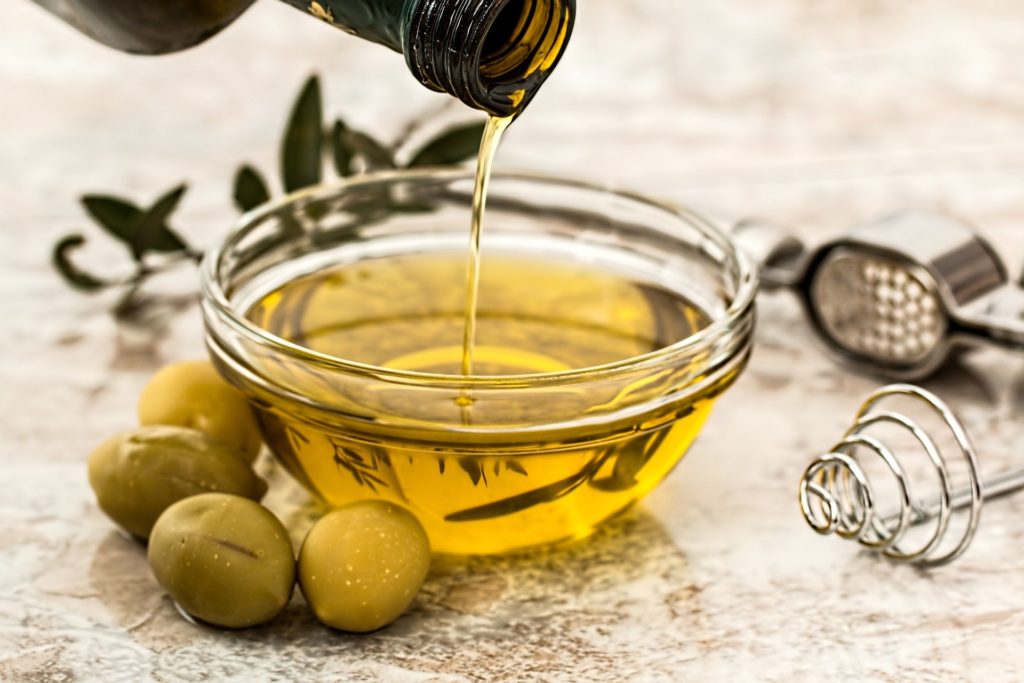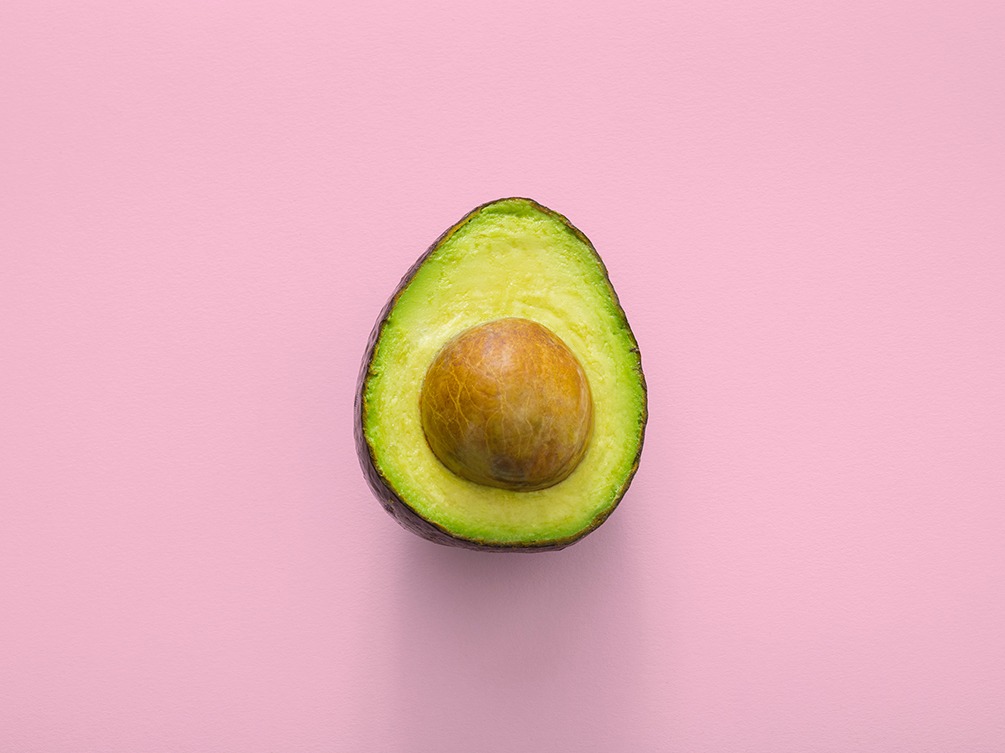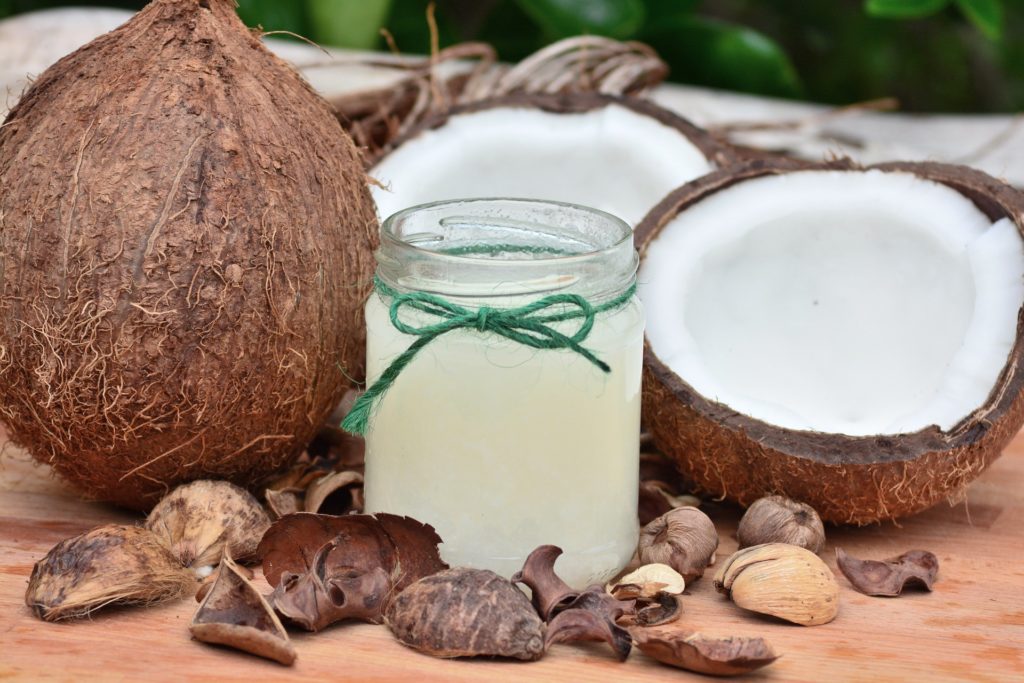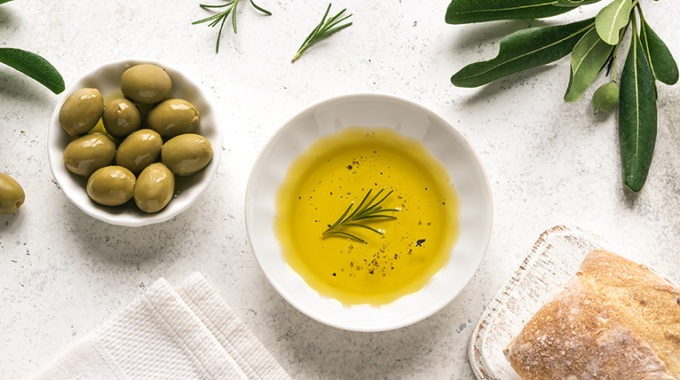Dress for success: the best oils for health
Cooking oils are a key part of any good meal – from salad dressing to deep frying, a good oil can enhance the flavour and mouthfeel of foods and dishes of all kinds. But which oil should you be using, and – when it comes to your health – should you be using it at all?
To answer the second part of that question first: yes. The body needs fat as part of a healthy balanced diet. Although mountains of evidence now show that fat is not the dietary enemy we once thought it was, many people are still scared to add fats to their diet.
“Fats play a really important role in our bodies,” says Susan McLeod, a nutritionist and lecturer in human nutrition at La Trobe University. “Fat provides energy stores, it insulates your body, it’s the body’s shock absorber, protecting our bones and our organs.”
Fats are also involved in a whole range of bodily functions, right down to the cellular level. We also need fat in our diets in order to absorb the four fat-soluble vitamins: A D, E and K.

Which oil is best?
When it comes to health, the gold medallist in the oil Olympics has to be extra virgin olive oil (EVOO). New Australian research has found that consuming EVOO every day can significantly reduce blood pressure, which is a key risk factor for heart disease.
Previous research has found EVOO, a key component of the Mediterranean diet, has health-protecting properties. Studies have found EVOO can help to improve cholesterol levels, and may even help to preserve memory and reduce the risk of Alzheimer’s.
This new study, led by La Trobe University, found consuming four tablespoons of EVOO per day can reduce central and peripheral systolic blood pressure by 2.5 and 2 percent.
“Extra virgin olive oil is rich in a variety of active compounds such as polyphenols, which have proven health benefits thanks to their anti-inflammatory and antioxidant properties,” says lead study author and La Trobe PhD candidate Katerina Sarapis.
McLeod calls EVOO the “poster child” of healthy oils. “It’s a fantastic oil, because of the way it’s processed and the properties it has in it,” she says. “It’s amazing for our health. You still need to have a healthy balanced diet, but you can absolutely have it every day.”

Make a splash
While EVOO is a star player, many other oils can also offer some great health benefits. This means you should try to use a variety of oils in your cooking.
McLeod also highly recommends avocado oil. As well as containing antioxidants and a high percentage of monounsaturated fat. This is a “good” fat that helps to reduce “bad” LDL cholesterol levels. It’s also been linked to skin health, enhances wound healing, can help to reduce the risk of heart disease and can reduce blood pressure.
“It’s also got something in it called lutein,” McLeod says. “This is an essential nutrient that our body can’t make and it’s really good for the eyes.”
Flaxseed oil contains a type of omega-3 – an essential fatty acid that our body can’t make. It’s also been linked to heart health, can reduce inflammation and may even reduce the growth of cancer cells. Sunflower oil has been linked to regulating blood sugar in people with type 2 diabetes. It has also been linked to reducing cholesterol.
Sesame oil is another good one to add to your collection. McLeod says it contains powerful antioxidants. However, due to its strong flavour, you don’t want to add too much.

What about coconut oil?
Coconut oil has become incredibly popular of late. But is it as amazing as people claim?
“That’s a really hot debate,” McLeod admits. “Some people think coconuts are the magic fix-all for everything. But coconut oil is actually very high in saturated fat [80+ percent], so it’s definitely not one you’d want to be using all the time.”
Palm oil is definitely a big baddie, mostly because palm oil production is one of the leading causes of rainforest destruction. Wastewater at palm oil refineries also releases enormous amounts of methane into the environment. Despite this, it’s the most widely consumed vegetable oil on the planet, although not so much here in Australia.

What to look for when buying oils
When shopping for cooking oil, it’s important to know which type to choose. McLeod says to look for “unrefined” or “cold-pressed” on the label, rather than “refined”. This will ensure you’re getting the most health benefits.
“When refining oil, manufacturers might use heat or they might use chemical extraction,” she says. “This involves the use of solvents. With every processing step that they add, they’re decreasing the health benefits the oil can offer you.
“‘Cold-pressed’ is telling you that literally all they’re doing is washing the fruit and squeezing it to get the natural juice out. If they refine it, you’ll get a beautiful clear product. It obviously looks visually appealing, but that refining process has the potential to destroy nutrients and antioxidant properties.”
There’s a whole world of oils out there to experiment with – everything from macadamia nut and peanut oil to walnut oil – and they all have different health-giving properties.
“Some of these are really fun to play with on different salads,” McLeod suggests. “Or I might make roast vegies and, once they come out of the oven, I put a drizzle of a nut oil on them – that imparts a beautiful flavour and enhances the flavours of the dish.
“It’s good to mix it up; it’s good to have different kinds of oils, because they all have different benefits. But as my staple, extra virgin olive oil would be the one that I use the most, and that I think is the best choice.”









